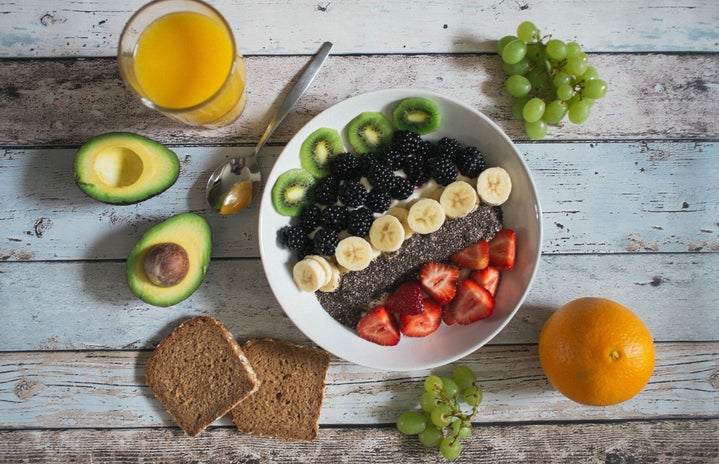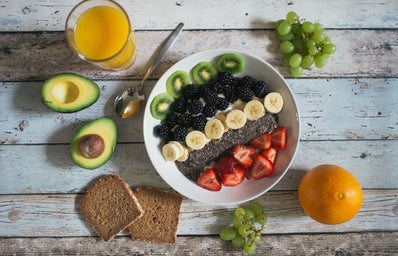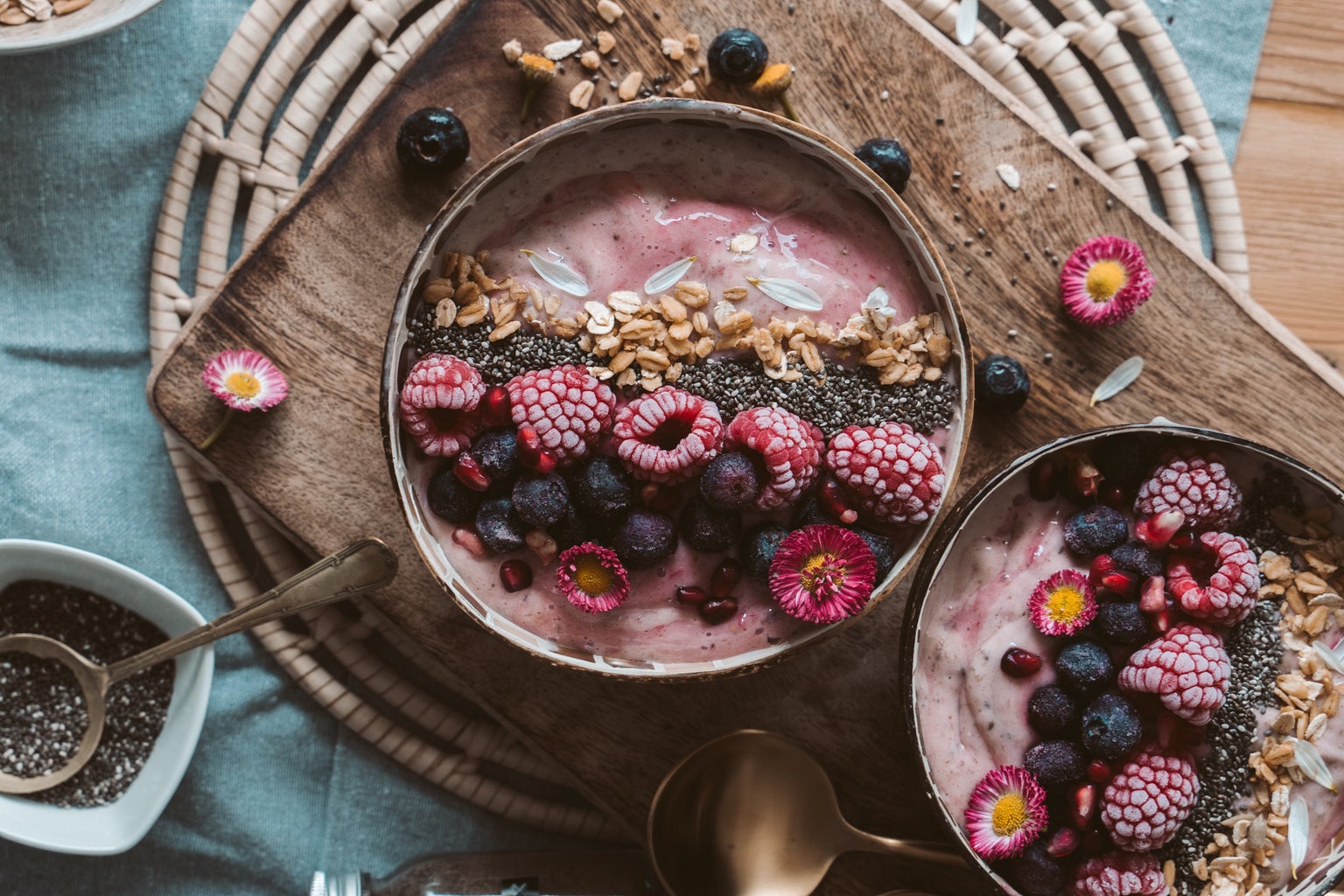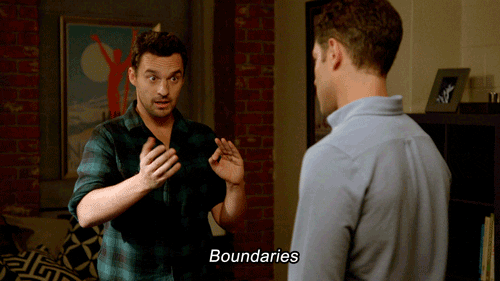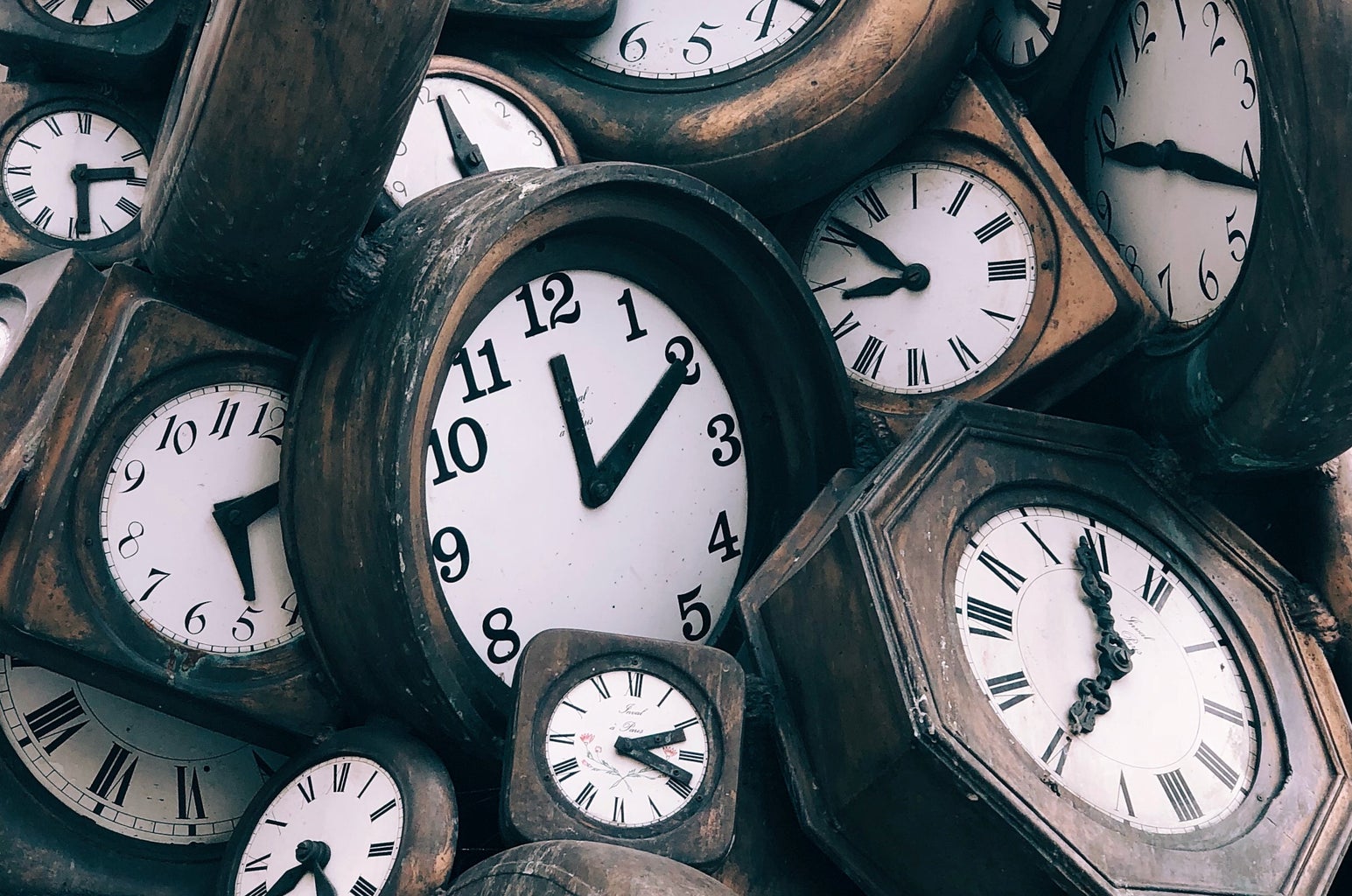Wellness Is a Complicated, Loaded Term
I have a complicated relationship with wellness. The term “wellness” is often used to cover up and glorify disordered eating and exercise habits. Discussions around wellness and influencers who promote wellness can often be triggering, especially for people with histories of disordered eating. True wellness has nothing to do with how much you weigh or what you look like. True wellness is about balance, joy, and doing what feels good. It goes far beyond eating healthy or going to the gym.
Stop Placing Moral Value on Food
I’ve written other articles about my eating disorder recovery journey and healing my relationship with exercise. In this article, I want to focus on the balance of it all. I enjoy eating healthy, nourishing food that makes me feel good physically, but I also enjoy indulging in foods that are demonized and labeled as “unhealthy.” I don’t believe in the concept of “healthy” versus “unhealthy” food. I acknowledge, of course, that there are foods that provide more nutrients and energy, but there is nothing wrong with also eating food that tastes good and doesn’t have the same nutritional benefits. It is all about balance.
Exercising to Feel Good
I’ve always loved being active and exercising, and this stayed true after recovering from my eating disorder and addiction to over-exercising. The difference now is my intention. Now when I exercise, I do it because it is fun and it makes me feel good, not to look a certain way. My favorite things to do are rock climbing, hiking, and paddle boarding. Connecting with nature while moving my body is incredibly grounding and helps me maintain a healthy mindset about exercising.
Mental Health
Wellness is not just about physical health. A crucial part of my wellness routine is taking care of my mental health. I love to journal, read, get outside as much as possible, and cultivate creativity in a variety of mediums. Taking care of my mental health also means prioritizing my own wellbeing and saying “no.” It is impossible to do everything all of the time, and it is essential to prioritize the things that bring you joy and that will set you up for success. College is a busy time and it is easy to get stuck in a cycle of studying nonstop and sacrificing sleep and other essential practices that feel refreshing and rejuvenating. Although school is important to me, I have learned to prioritize myself over deadlines and classes when necessary. Running on empty won’t get you anywhere.
Therapy
I am also a huge advocate for therapy. Having access to therapy is a privilege, and I acknowledge that. For me, therapy is essential to my wellness. After enduring so much trauma and grappling with an eating disorder and various other mental illnesses, I don’t know where I would be without therapy. There is so much stigma around getting help and using mental health resources, but these resources are life-saving.
Setting Boundaries
I am a people pleaser and setting boundaries can be scary and difficult. But, as I’ve gotten older I’ve realized how essential boundaries are for my personal wellness. I am happiest when I set boundaries with people and things that don’t always bring me joy. Setting boundaries is not a selfish practice. Everyone can benefit from setting more boundaries to protect their inner peace and well-being.
Specifically in regards to eating disorder recovery, boundaries are essential, both online and in person. Personally, I set boundaries with everyone in my life when it comes to comments about weight, what my body and other people’s bodies look like, and discussions of “healthy foods” and diets. I know that these kinds of conversations trigger me, and if the people I interact with do not respect those boundaries, I create harsher boundaries and limit my interactions with them. On social media, I unfollow or restrict anyone who I compare myself to. Although these people and accounts are not personally responsible for my being triggered, the healthiest thing I can do is prevent myself from constantly looking at them.
Social Media
In addition to unfollowing accounts that cause me anxiety or negative self-talk, I also make sure to follow accounts that bring me joy and inspiration. I try to curate my Instagram feed to be full of my friends and content creators who promote food freedom and body positivity. Social media can be a negative force that deters wellness, but it can also provide a safe and uplifting space. Even still, I also try to limit my social media usage, which promotes my physical and mental wellness. It is easy to spend hours on Instagram and TikTok without even realizing how much time has passed.
Time
It often feels like there aren’t enough hours in the day to do everything that I need and want to do. Time is limited, but not as much as it seems. Although I still struggle with this immensely, prioritizing the things that I value most each day and limiting time on social media and other mindless activities helps promote my overall wellness. A friend of mine recently said, “If you care enough about something, you will make time for it.”
A Holistic Approach to Wellness
Wellness means different things to different people. My definition of wellness may be completely different from yours, and that is totally okay. The most important part of wellness is that you prioritize yourself and your own well-being in ways that feel authentic to you. Try not to get bogged down by other people’s versions of wellness, especially ones that are harmful and promote unhealthy eating and exercise habits. You are valid just the way you are and you should only make lifestyle changes that will improve the way you feel, both physically and mentally.
